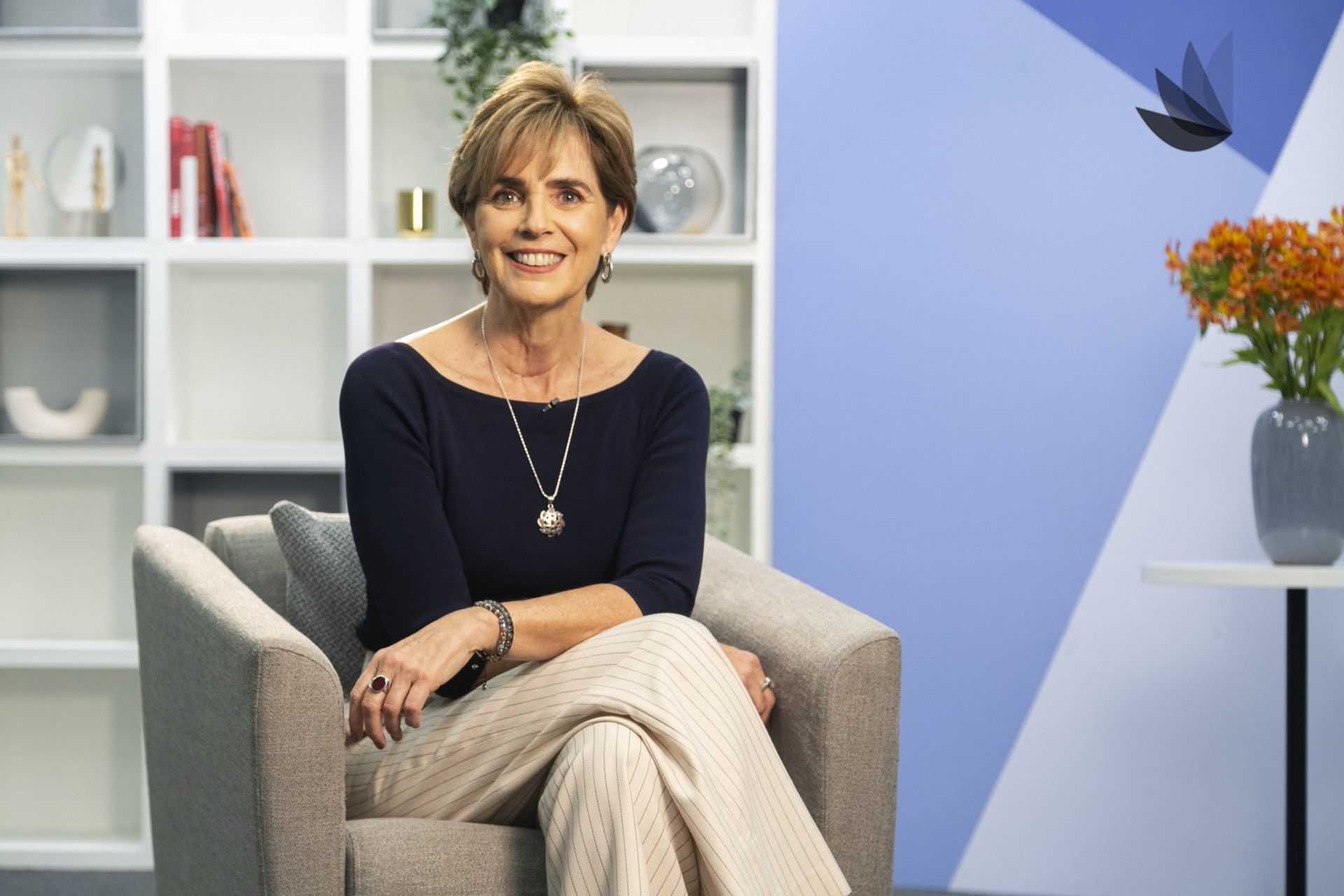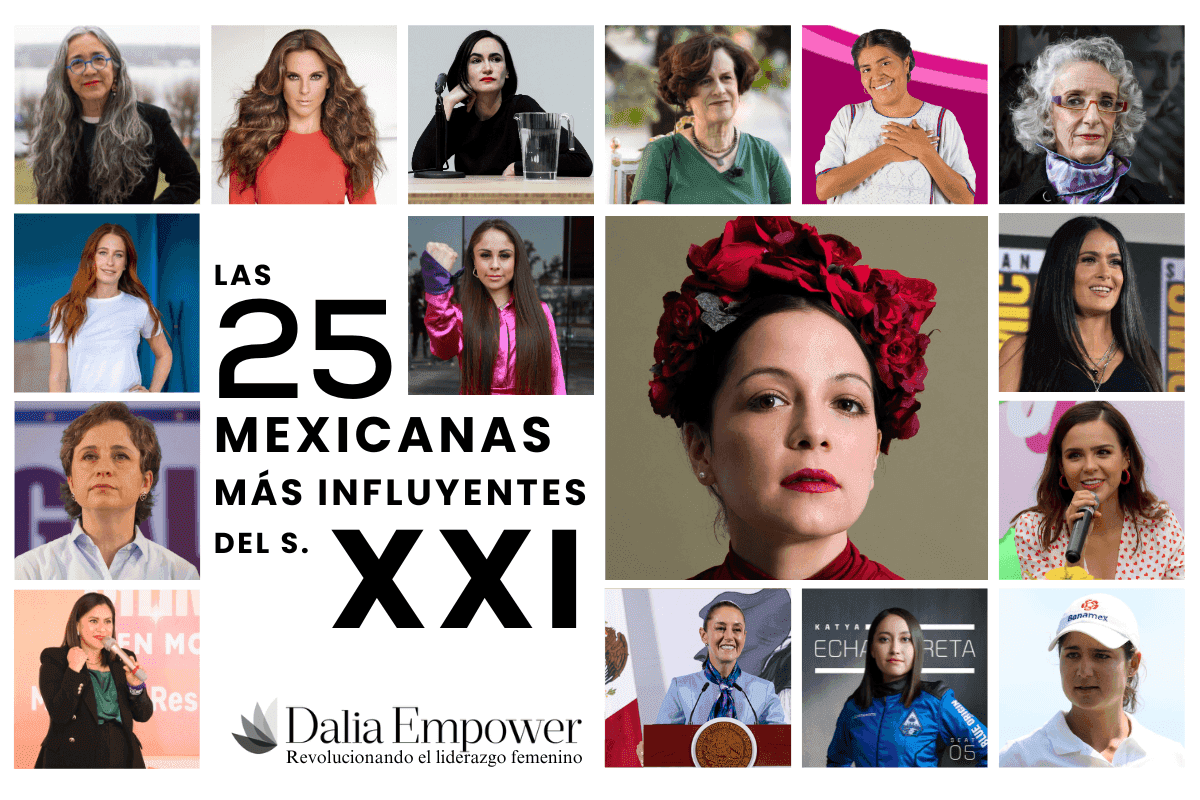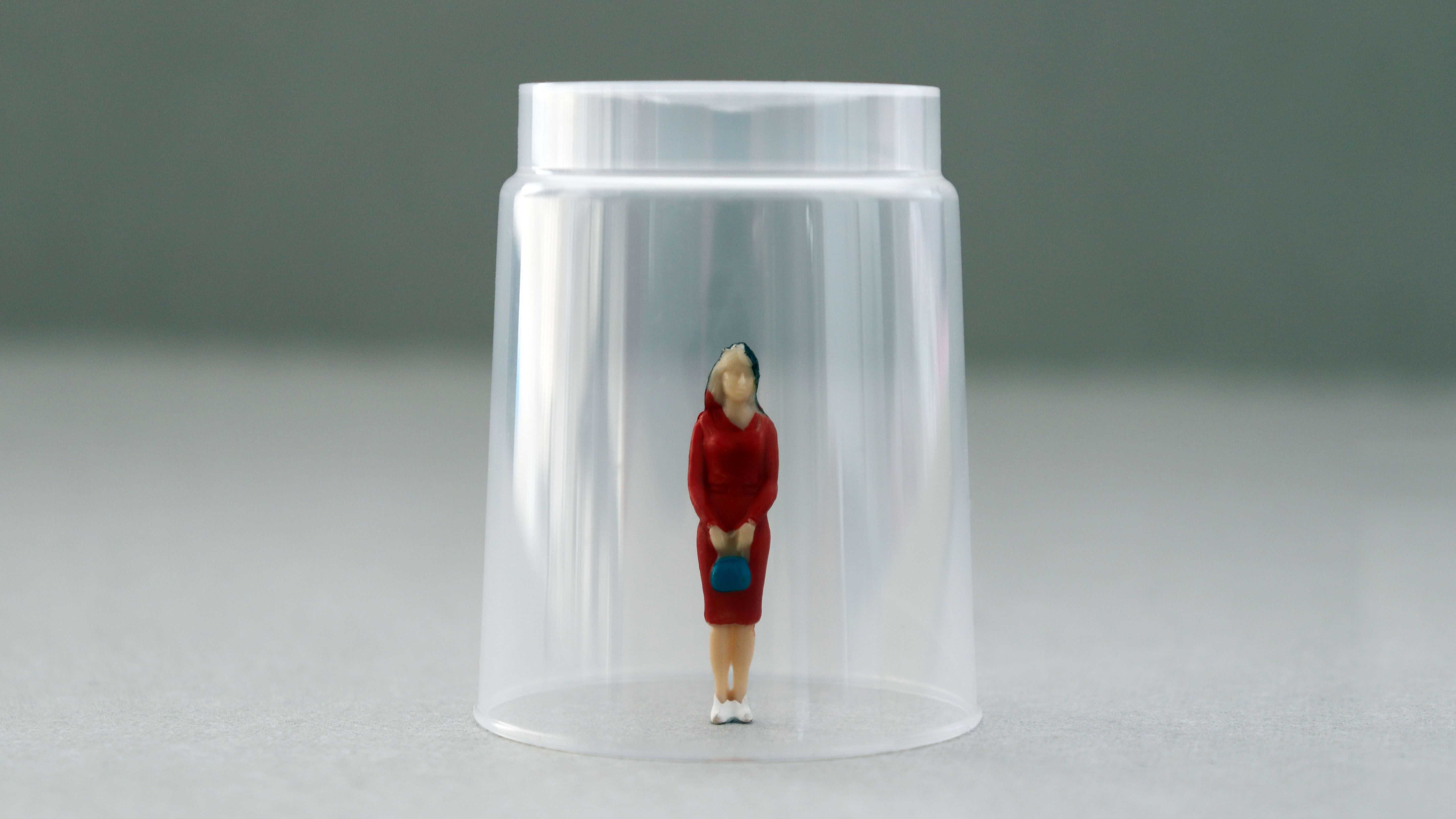Do you feel stuck in life? Identify what limits and boosts your success
There are two types of factors that mark people's lives, but they don’t absolutely determine it, says Carla Gaya, speaker at Dalia Empower.

MEXICO CITY. Do you feel far from your professional or personal goals due to various obstacles; do you think that you are a hostage of circumstances and there is nothing else to do? Perhaps it’s time for you to learn to identify and be aware of the things that you can change, those that you cannot, and what to do about it.
Self-fulfillment depends on the way in which people understand and face the many obstacles that life imposes, whether physical, social, experiential and so on, claimed Carla Gaya, executive coach and member of the team of speakers and instructors of the continuing education project focused on women and specialized in life skills, Dalia Empower.
"Is there something in your life that makes you feel like a victim, to feel like you don't have the chance to grow?,” the expert asked the participants of the Power Skills for Power Women virtual event held by Dalia on March 16 within the framework of Women's Month. She then mentioned that there are indeed circumstances or life factors that can limit people, but they can also be triggers for their self-fulfillment. To achieve the latter, they must learn to identify those factors and work with them. Under this path, they can avoid being stagnant and achieve the goals that they have set for themselves.
Take Tatiana Bilbao’s masterclass, The Value of Creating, at Dalia Masters
During her participation in the Dalia virtual event, she shared the screen with other personalities recognized for their leadership, such as Mayra González, director of Global Sales at Nissan; Gina Diez Barroso, founder of Dalia; Silvia Dávila, president of Danone LATAM, or Kirén Miret, executive producer of Shark Tank Mexico and Colombia, among https://academy.daliaempower.com/es/courses/catalogue/eclass-autoconocimiento-y-poder-interior/detailstoday more than ever for professional and personal development, and for work environments. These include collaboration, communication, and empathy.
From her expertise, she pointed out that each person can take their self-fulfillment into their own hands and direct it. The requirement is to first identify the circumstances that enhance or limit its https://academy.daliaempower.com/es/courses/catalogue/eclass-autoconocimiento-y-poder-interior/detailsgrowth, and determine what actions to carry out next. In that regard, she exposed the two types of crucial factors that mark a person's life but are not necessarily going to determine it definitively.
Take Carla Gaya’s eClass: Self-knowledge and inner power
1 Conditioning factors
The person isn’t in control of this type of circumstances, and cannot modify them either because they are of a physical, biological, social, or upbringing nature. "With observation and awareness, many of these factors can be diluted, but they will accompany us for the rest of our lives and they have all made us who we are," she said. However, the person will always be in a position to assume an active instead of a passive or "victim" role regarding these factors, that is, they can be aware of them, assume them, and move forward despite them. "It's not in my control, I have to live with it and I have to keep growing despite (these situations or feelings)," she mentioned.
Essential factors of a physical or biological nature that may be determined by genetic or physical causes. An example may be a person who is born with a spine deviation, medically known as scoliosis, which prevents them from performing certain activities or sports. Another example is a short person who faces challenges playing basketball professionally.
Facilitating or inhibiting factors. They can make life easier, but they can also inhibit potential. It is about socio-cultural conditions, the historical moment, or the community in which they live. Gaya gave the example of a woman who grew up in the midst of the guerrilla in El Salvador and who has always experienced great distrust due to the serious problems of violence and insecurity under which she has lived.
Take the ‘Practices for Well-being: Mindfulness and Meditation’ eClass
Predisposing factors or the particular history of the person; frustrations, wounds, learned beliefs. Following the example of the Salvadoran woman, she avoids approaching other people because she is predisposed and assumes that she can be harmed by others. Although she can undergo psychological therapy and modify learning and behavior, even so, an emotional imprint over prevails, which she has no control over.
Precipitating factors or critical events that trigger a reaction that has been learned throughout life through certain experiences. For instance, how to act in an earthquake.
2 Decisive factors
These circumstances do depend on each person since they can make decisions about their lives and about how to act in certain situations. These factors are decisive for the successful self-fulfillment of each person. “What can I work on? What can I develop? These factors are going to help me water this little seed, to dilute these factors (conditioning factors) that at times seem like they’re going to stop my growth,” she stated.
Dynamic factors. These act as creative skills in the human being, that is, the person can work on habits or reactions that are unleashed at specific times. An example of this is the reinterpretation of a sad, traumatic, or conflictive past so that in the present it generates different and positive emotions. In other words, “I cannot change the past, the past is static, there is no possibility of change; but I can modify the interpretation that I have of the past, and then it makes me live my present in a more appropriate, more luminous way, ” she emphasized.
Take Paola Rojas’ masterclass, ‘The Power of Resilience’, at Dalia Master
Existential factors or attributes of the human being itself. They define what it is to be human in all its complexity. These factors help to always remember the goals in life and seek self-improvement. However, they can also represent an emotional challenge. For example, human beings are free and finite. Both ideas, freedom, and mortality, can be inspiring and move people to grow all the time, but the concept of freedom can also generate anxiety or restlessness when it’s assumed that being free is about choosing all the time. And impermanence or mortality can also cause anxiety when you have a reason to exist.
Spiritual factors. One of the main characteristics of human beings is their search for something beyond the physical world, and to transcend and be remembered. Spirituality provides internal resources for life, such as the connection with something that goes beyond the person, the meaning of existence, and hope. These factors aren’t related to practicing a religion, but to internal and individual work.
“Your essence and your transcendent factors are often misunderstood, and what do I mean by misunderstood? Because some of us put too much intensity into other factors and look outside for what is inside. Spirituality is inside; nobody will build it for you outside. But sometimes we get confused and believe that, for example, being a very active part of a community is going to make us find our essence”, explained Carla Gaya.
Volitional factors. They refer to the possibility that each person has to accept or deny the things they have experienced, and choose to make a change or not. In short, it’s about the ability to control one's actions.

Esta obra está bajo una Licencia Creative Commons Atribución-NoComercial-SinDerivadas 4.0 Internacional





